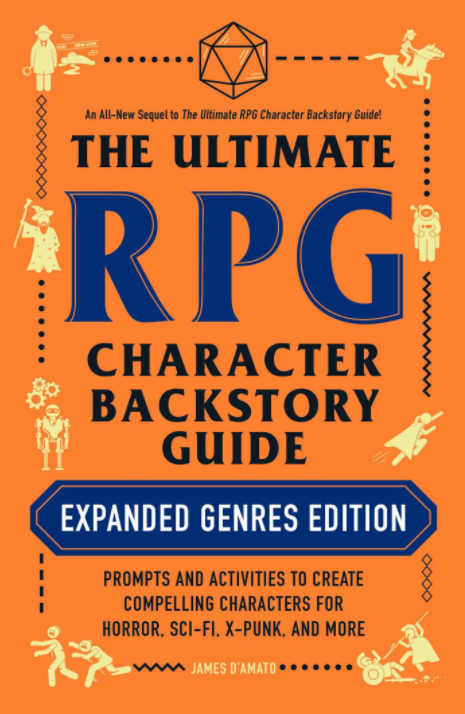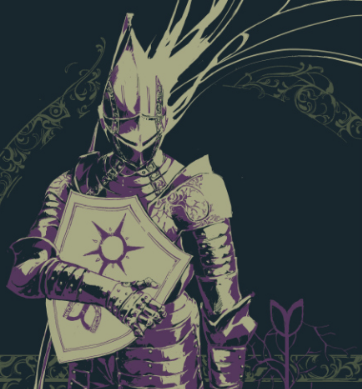The meaning behind an Oath
While reading the first book from the bundle, what struck me most wasn’t a mechanic, or a clever piece of advice, but the idea of creating an Oath.
Before I get into the details, let me say a quick word about the book itself. This Backstory Guide is less of a front-to-back read and more of a toolbox. I didn’t read it all, but even a couple of chapters were enough to show me the approach: a series of exercises to spark creativity and dig into your character’s history. Some are straightforward, some more introspective, and the book even encourages you to hack and invent your own.

But the Oath… that stuck with me.
The book reminds us that “many fantasy protagonists are sworn to follow a code that spurs them to action and challenges them on their journey.” That line hit close to home. In a way, starting this blog is my oath: a promise to read, reflect, and explore RPG books one at a time. Getting back into TTRPGs feels like a journey, and this blog is the road I’ve chosen.
So, why not take the exercise seriously and make an oath of my own? It will be exaggerated, sure this is a blog, not a hero’s quest, but leaning into the overblown tone feels right. Let’s see what my backstory looks like when filtered through the book’s structure.
My Oath of the RPG books Reader
What Authority Created the Code?
- A philosophy: Stories deserve to be read, shared, and challenged.
Why Was It Written?
To remind me that RPGs are living things. They aren’t just rules, but invitations to worlds, to tables, to conversations.
I Must Always…
-
Face danger: read books outside my comfort zone.
-
Serve others: share my reflections with honesty and generosity.
-
Take the difficult path: actually finish the bundle, even the dry stuff.
I Must Never…
-
Forbids an unusual behavior: Never treat RPG books as sacred texts. They’re meant to be used, not worshiped.
-
Forbid a pleasure: Read without reflecting.
-
Limit my options: Reduce a book to a star rating instead of exploring what it offers.
Under Penalty
-
Minor Violation: If I half-commit (skimming too fast or skipping the reflection), my penalty is temporary confusion and a nagging sense of guilt. To repent, I must repair the damage (go back and actually read the passages and think deeply about it)
-
Medium Violation: If I read without engaging—just flipping pages without thought—I suffer intense boredom and loss of pride. To repent, I must complete a quest (write a deeper reflection on something I skimmed) or make a major sacrifice (read something twice as dense to balance it).
-
Major Violation: If I quit the project altogether, I risk excommunication from my own journey—losing the spark that drove me to start this. To repent, I would need to perform a miracle: return with renewed purpose, or rewrite my code entirely.
And that’s my oath. Overblown? Definitely. But that’s half the fun: taking a tool meant for fantasy adventurers and using it to frame my own little quest.
After all, if we can’t turn reading RPG books into an epic journey, what are we even doing?
